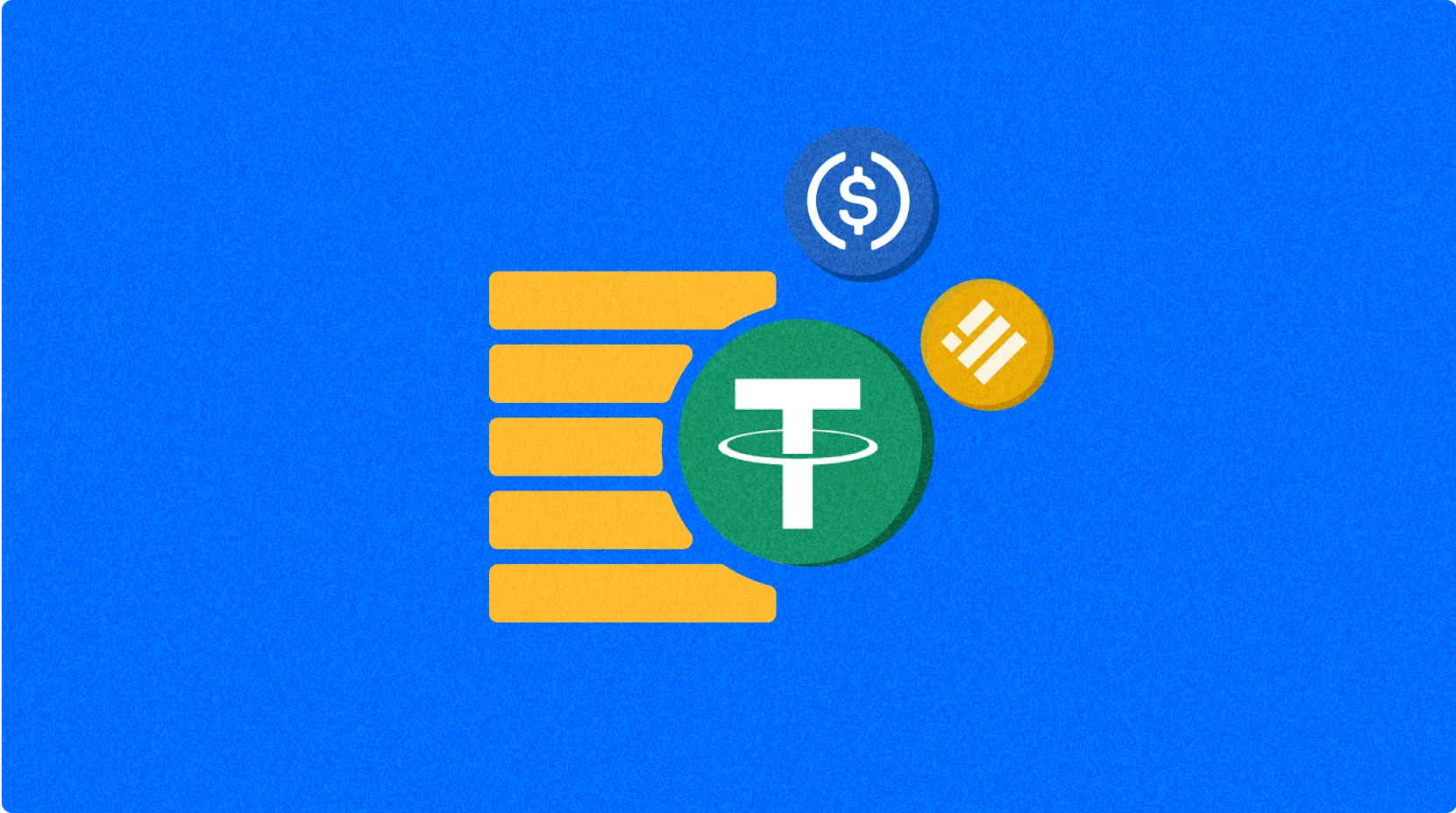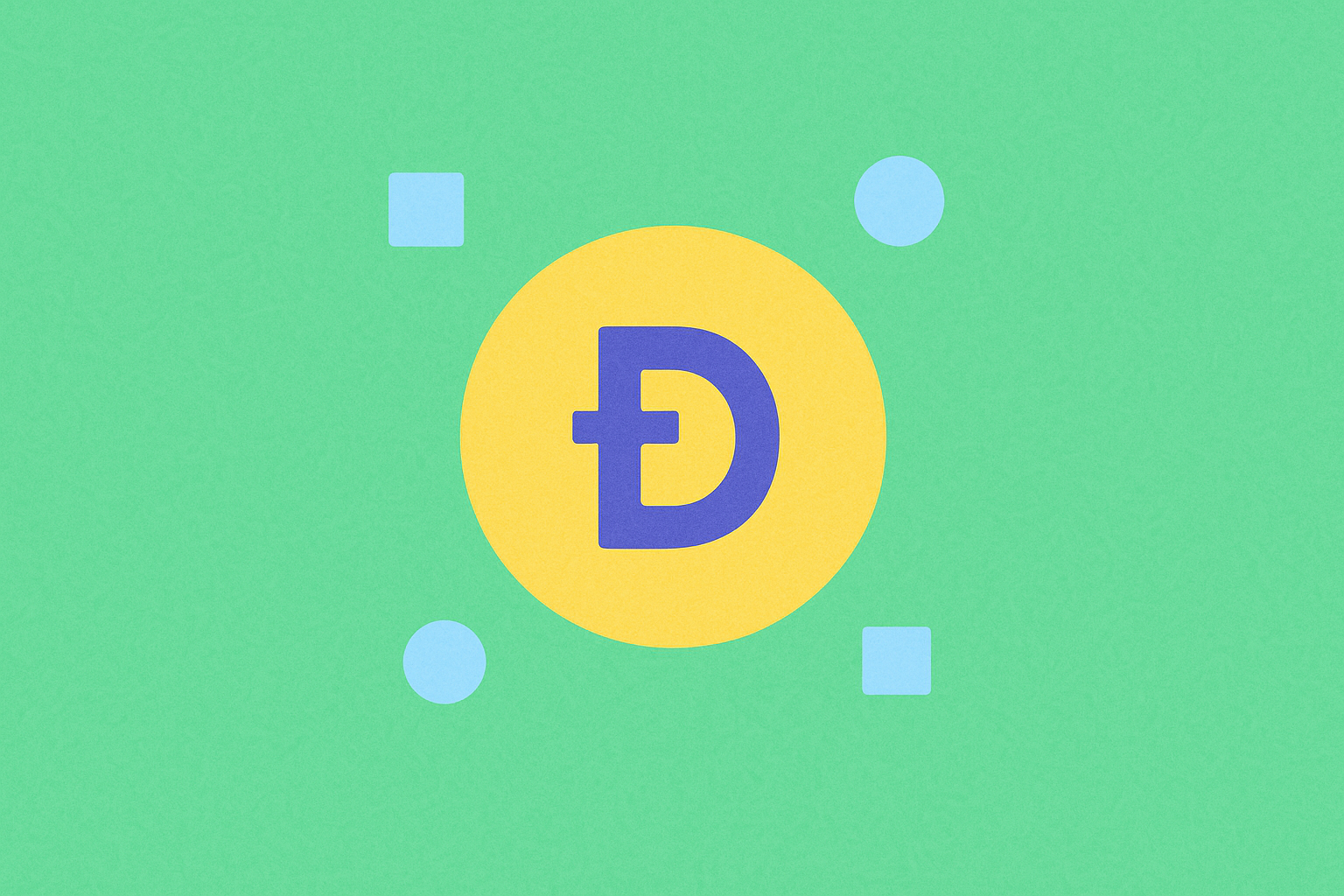Como a transparência do Tether afeta a sua credibilidade no mercado de Cripto?


1. Esforços de Transparência e Credibilidade
Discussões de Auditoria: A Tether está atualmente em conversações com uma grande empresa de contabilidade para uma auditoria há muito aguardada das suas reservas, no valor de mais de $140 biliões. Esta auditoria tem como objetivo aumentar a transparência e abordar preocupações sobre práticas de reserva e conformidade regulatória. O CEO Paolo Ardoino acredita que um ambiente regulatório favorável poderia facilitar este processo, potencialmente restabelecendo a confiança entre investidores e reguladores.
Relatórios regulares: A Tether tem vindo a divulgar relatórios trimestrais compilados pela BDO Italia, embora estes relatórios tenham levantado questões sobre a transparência e o respaldo das reservas da Tether. Estes esforços são vistos como passos em direção a uma maior transparência, mas os críticos argumentam que são necessárias auditorias mais abrangentes para verificar totalmente as reservas.
2. Impacto da Transparência na Confiança do Mercado
Confiança do mercado: A transparência é crucial para manter a confiança do mercado no Tether. Auditorias regulares e relatórios claros podem tranquilizar os utilizadores de que cada token USDT é totalmente apoiado por reservas, garantindo a sua estabilidade. Esta confiança é essencial para o papel do Tether como uma stablecoin no ecossistema de criptomoedas.
Escrutínio Regulatório: A Tether tem enfrentado escrutínio regulatório devido à falta de transparência percebida. Os órgãos reguladores, incluindo a Comissão de Valores Mobiliários (SEC) dos EUA, têm mostrado interesse em como as criptomoedas estáveis, como a Tether, operam, levantando questões sobre conformidade e supervisão. Maior transparência através de auditorias e esforços de conformidade pode mitigar essas preocupações.
3. Desafios e Controvérsias
Transparência de Reserva: Historicamente, a Tether tem enfrentado ceticismo sobre suas alegações de manter reservas denominadas em dólares para cada token emitido. A falta de uma auditoria abrangente levou a preocupações sobre se essas reservas são suficientes e geridas adequadamente. Críticos argumentam que sem uma auditoria independente de uma empresa respeitável, essas alegações carecem de credibilidade.
Questões Legais e Regulamentares: A Tether enfrentou ações legais e escrutínio regulatório sobre suas práticas de reservas. Por exemplo, a Commodity Futures Trading Commission (CFTC) e o escritório do Procurador-Geral de Nova York multaram a Tether no passado por declarações falsas sobre reservas e operações financeiras suspeitas. Essas questões destacam a necessidade de maior transparência para construir confiança.
4. Perspetivas Futuras e Movimentos Estratégicos
Mudanças na Liderança: A Tether fez movimentos estratégicos para reforçar a sua governança financeira, como a nomeação de Simon McWilliams como CFO. Esta mudança de liderança tem como objetivo orientar a empresa para práticas financeiras melhoradas e garantir conformidade com os padrões regulatórios em evolução.
Expansão Global: A Tether também está focada na expansão global, garantindo licenças em países como El Salvador. Estes esforços sinalizam o compromisso da Tether com a transparência e conformidade, à medida que procura integrar-se mais profundamente no sistema financeiro institucional.
Conclusão
A transparência da Tether é um fator crítico que afeta a sua credibilidade no mercado de criptomoedas. Embora a empresa tenha feito esforços para melhorar a transparência através de relatórios regulares e discussões de auditoria, o ceticismo contínuo e a escrutínio regulatório destacam a necessidade de medidas mais abrangentes. Aumentar a transparência através de auditorias independentes e conformidade com padrões regulatórios será crucial para a Tether manter sua posição como uma stablecoin líder e construir confiança de longo prazo no ecossistema cripto.

O que é Tether?

Como é que a Tether mantém uma taxa de câmbio de 1:1 com o Dólar dos EUA?

Como comprar Tether USDT em 2025: Um Guia Completo para Iniciantes

Guia Completo 2025 USDT USD: Leitura Obrigatória para Investidores Novatos

O aumento da cunhagem de USDT da Tether e o preço do Bitcoin: o que isso significa para o mercado Cripto

Análise da capitalização de mercado do Tether USDT: tendências de mercado de encriptação de 2025

Como reduzir as taxas de gas em transações Ethereum

Guia para Registar o Seu Domínio ENS: Tutorial Detalhado Passo a Passo

Exploração do universo dos artistas de NFT e criadores digitais no contexto da Web3

Guia Definitivo de Mineração de Dogecoin: Roteiro para o Sucesso dos Iniciantes

Como conectar a MetaMask à rede Polygon de forma eficiente





